On September 10, 2025, Charlie Kirk, a right-wing American conservative political activist, author, and media personality, was fatally shot at his speaking event at Utah Valley University.
Known for his conservative values, his debates and opinions have always sparked controversy. These discussions not only galvanized students in attendance to speak up, but also has created a palpable tension around in the halls of de Toledo High School.
de Toledo has three main core values: striving to be A+ human beings, acting with AP Kindness, and creating circles of friends. Lately, politics has started to chip away at those values. Students are becoming hesitant to share what they think because political discussions can get hostile.
Mr. Keer, dean of students at dTHS said, “It’s just not enough to teach the values at dTHS, we need to teach [the students] how to use the values.”
With regards to the value of constructive disagreement, Mr. Keer says, “people don’t listen to each other… there’s a lot of misunderstanding for sure. We have to work on [it],” but “it’s a really hard thing to do when upset.”
We have to get “out of the mindset that someone’s out there to get them.”
So we should begin asking ourselves as a community: how can we invite people on the other side of the political spectrum to be in my circle of friends? How can we treat everyone with AP Kindness even if we disagree? How can we be A+ human beings?
A few students on different sides of the political spectrum were willing to share their level of comfort in expressing their political beliefs on campus.
Jonathan S., an 11th grader, who identifies as a centrist when it comes to politics said, “I feel comfortable because there is a pretty wide spectrum of political beliefs on campus so I don’t think I’ll be necessarily scrutinized for mine.”
However, that’s the experience of a person who isn’t necessarily identified as an opponent to either far side of the range. When interviewing more definitive voices, their answers differed immensely.
Another 11th grader, Oliver F., stands fiscally to the right, but socially to the left said, students “[tend] to be pretty closed minded… without critically thinking for themselves. There isn’t much room for discussion when people are closed minded about their views.”
Oliver F. often defends a Democratic point of view during political discourse.
Lastly, 10th grader, Levi L., leans more conservative. Levi said that he feels comfortable expressing his political beliefs on campus and feels obligated to do so. Levi said, “The scariest thing in our country is when people can’t speak out, so I feel like I have to provide my point of view.”
Levi continued to state that his experience when participating in political dialogue has been positive so far, but he said, “I have a lot of conversations, so I’m sure that something will happen eventually. People don’t always agree, but it really depends on who I’m talking to and the topic of conversation.”
Mr. Keer highlighted the importance of hearing each other out, and pointed out how the school has tried to teach students how to listen to one another and have “civil conversation” in town halls, especially last year before Federal Elections.
However, students don’t usually use teacher help when talking about politics, and Mr. Keer acknowledged there have been “conversations…that have risen to the level of… frustration.”
He said students should “know that if things aren’t going right, that they can come for support from the faculty.”
Return to Values:
When emotions get tense, it is important to continue to keep in mind our core values that make dTHS so special.
This was apparent during the 2024 election, and continues to be an area of struggle within the dTHS student body.
It is imperative that we, as a community, find a way back to embodying these core values on campus
What can we do now? How can we remain true to ourselves,
Mr. Keer said “We all want the same thing… to be in a better state of the country,” so we have to find a way to listen to each other so that we can work together, to make that happen.”
“Constructive disagreement is important because it’s an argument in the name of something better. Communal respect.”
“The number one thing I want people to be able to do is, even if we’re not going to agree about something, we have to listen… people scream at each other is because they think the other person is not listening.”


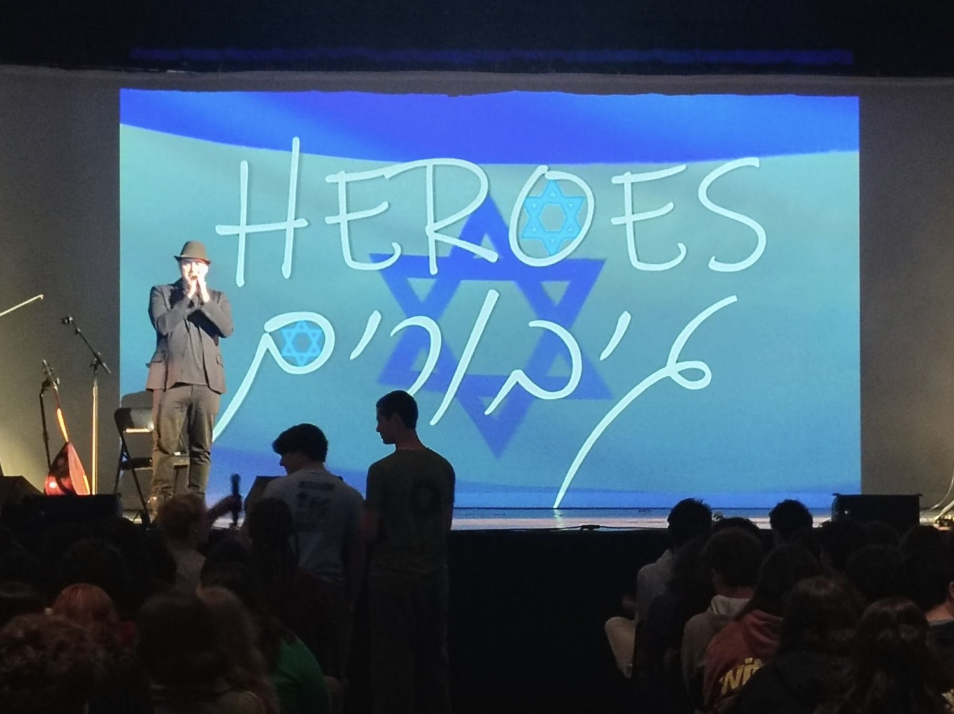
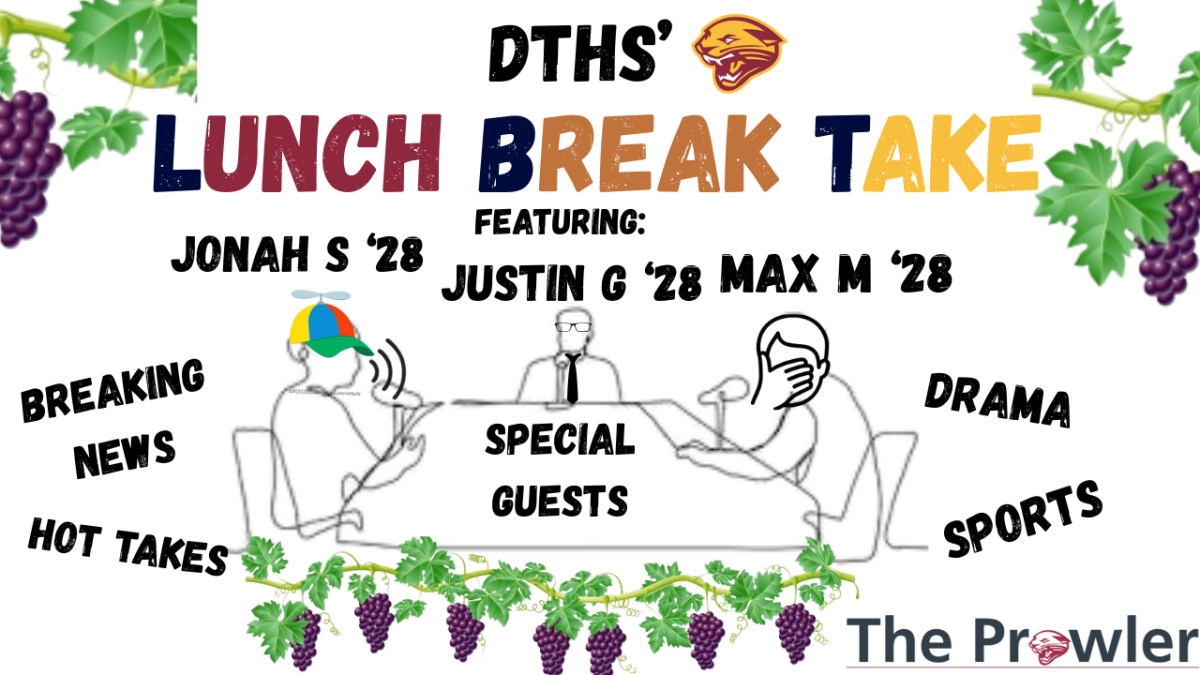
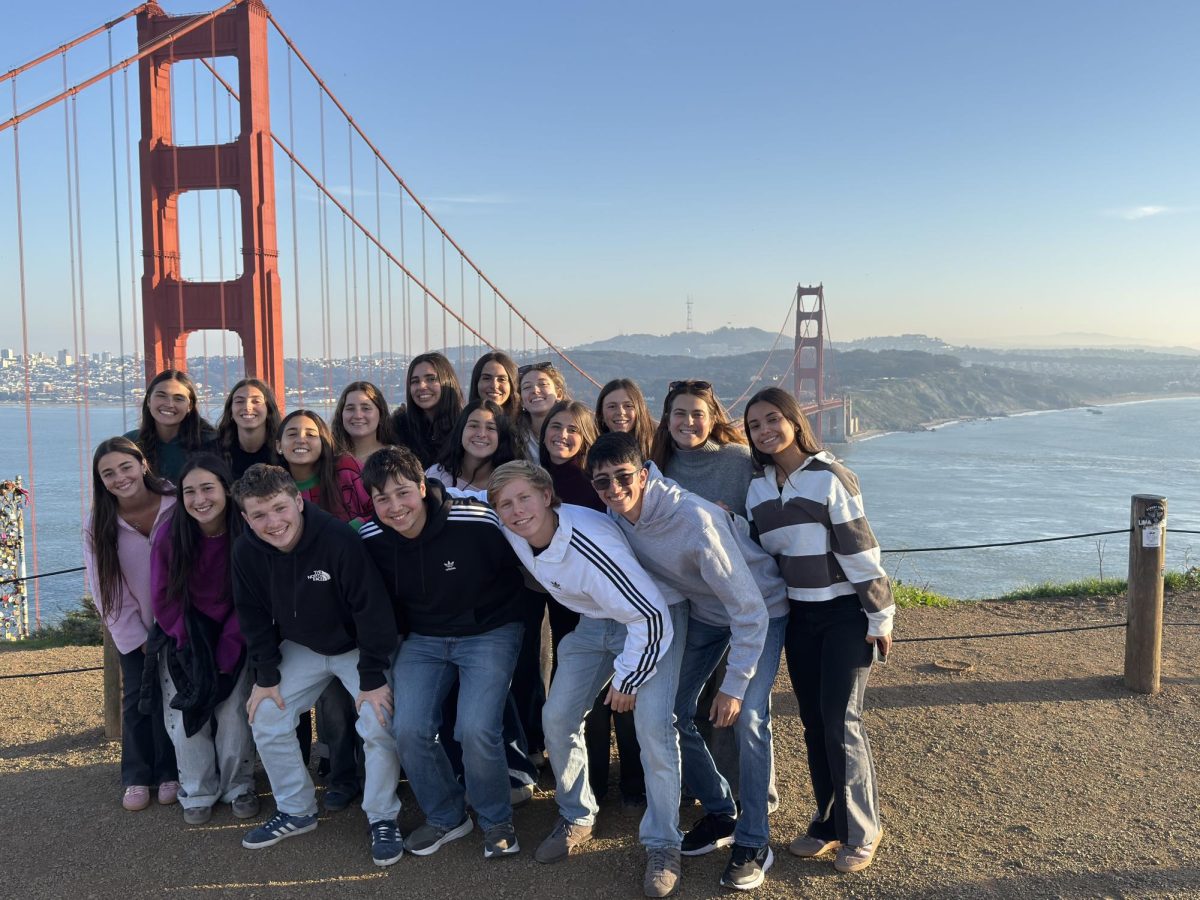
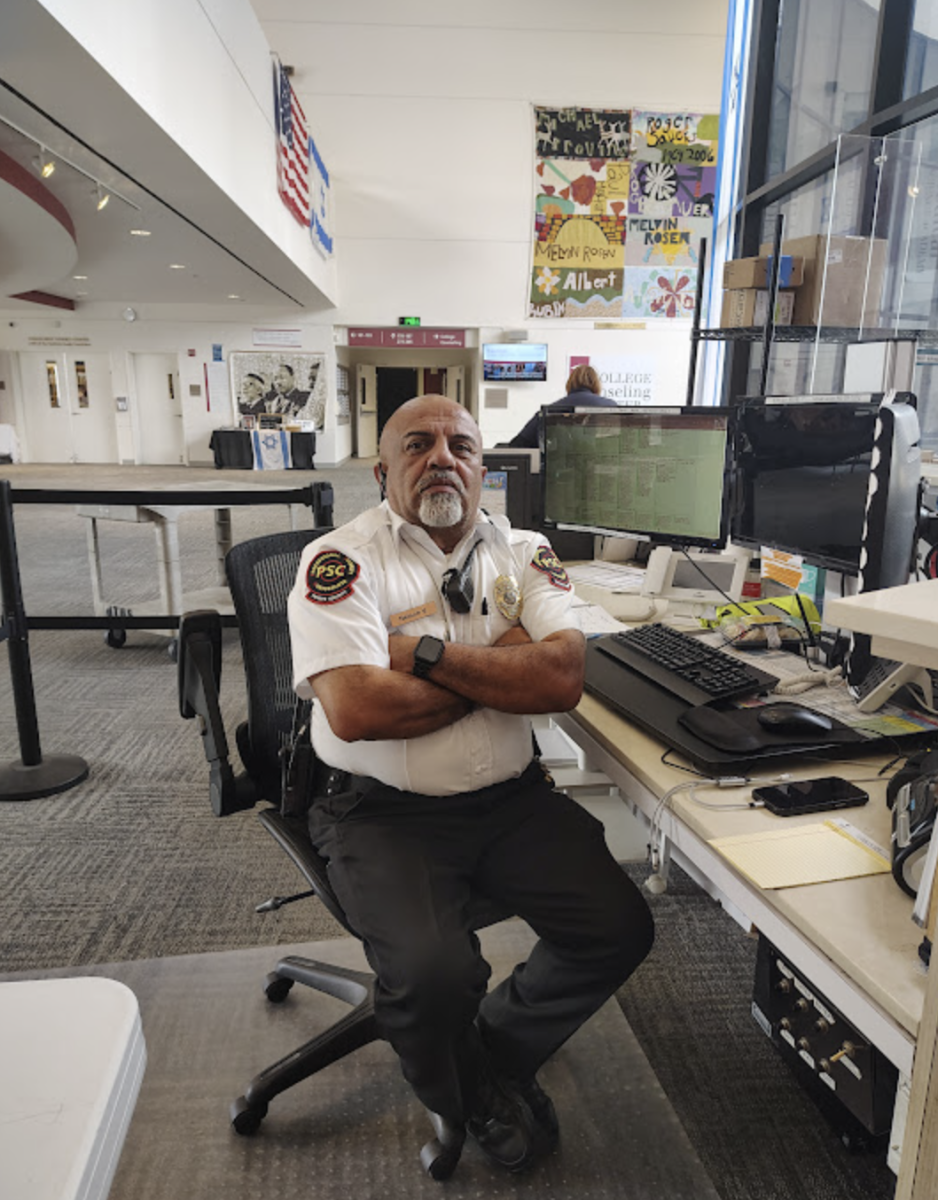
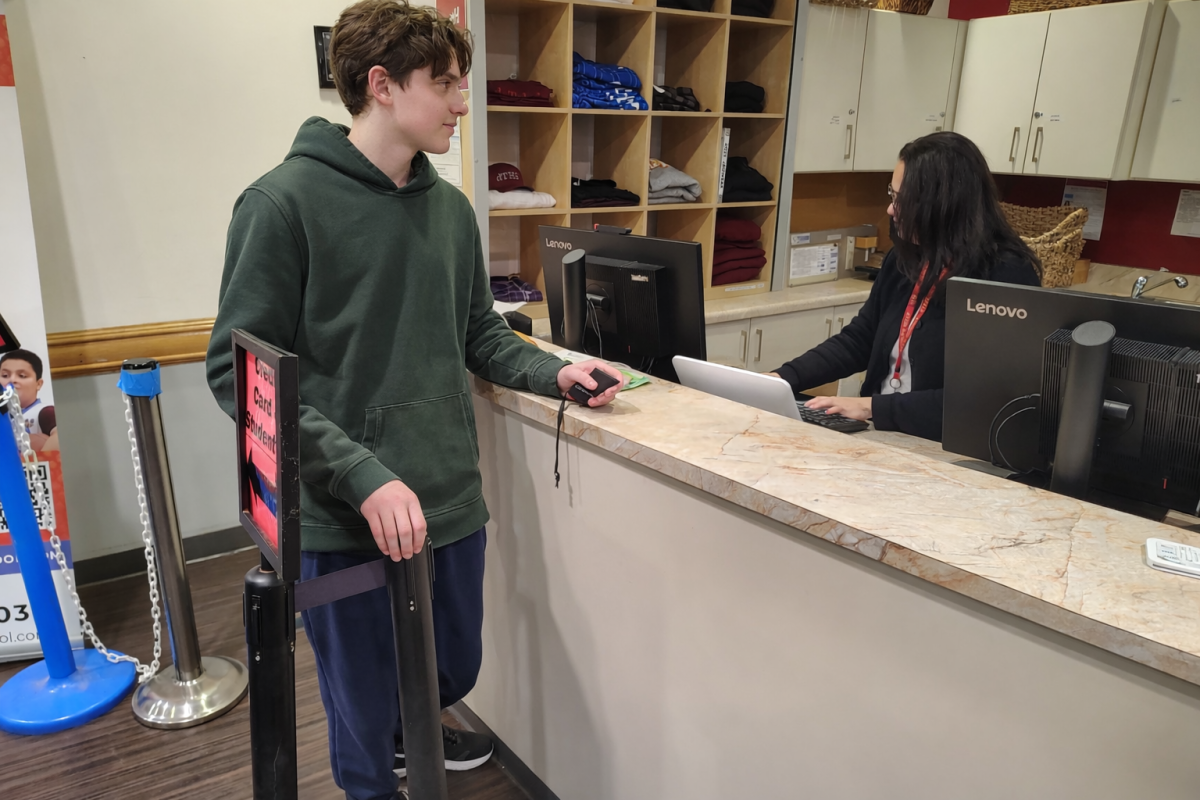

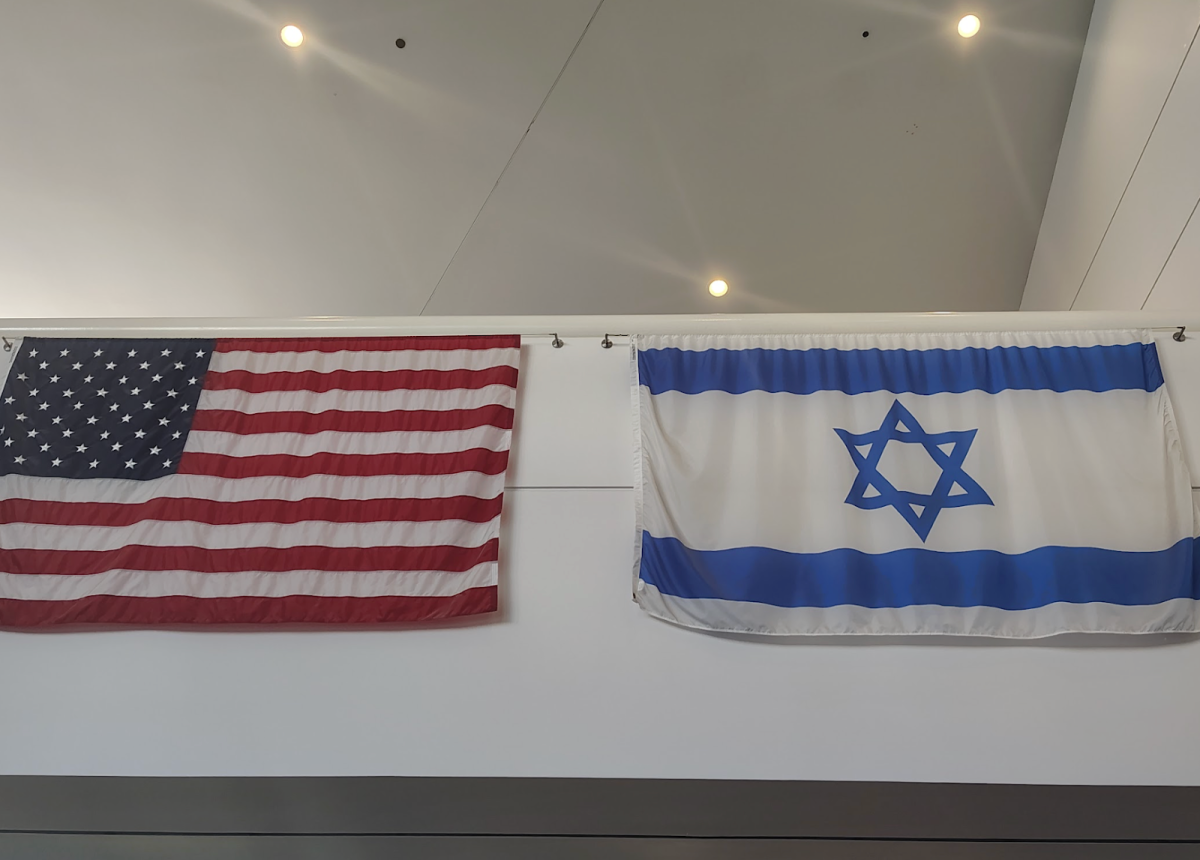
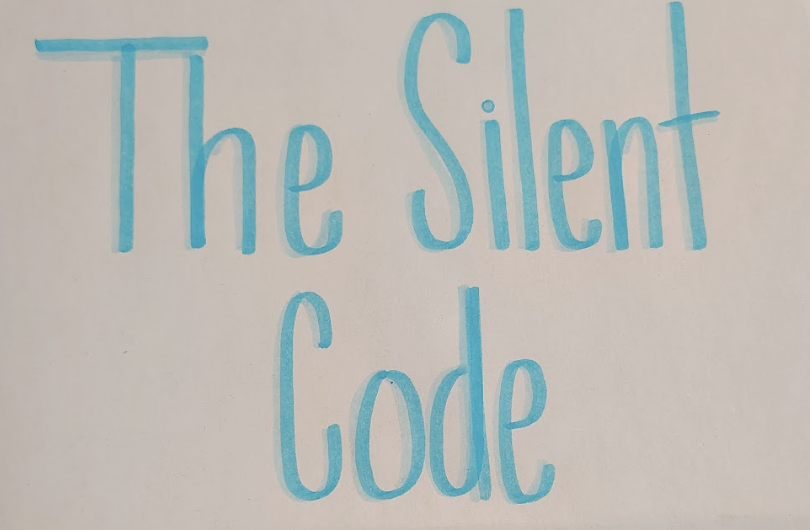
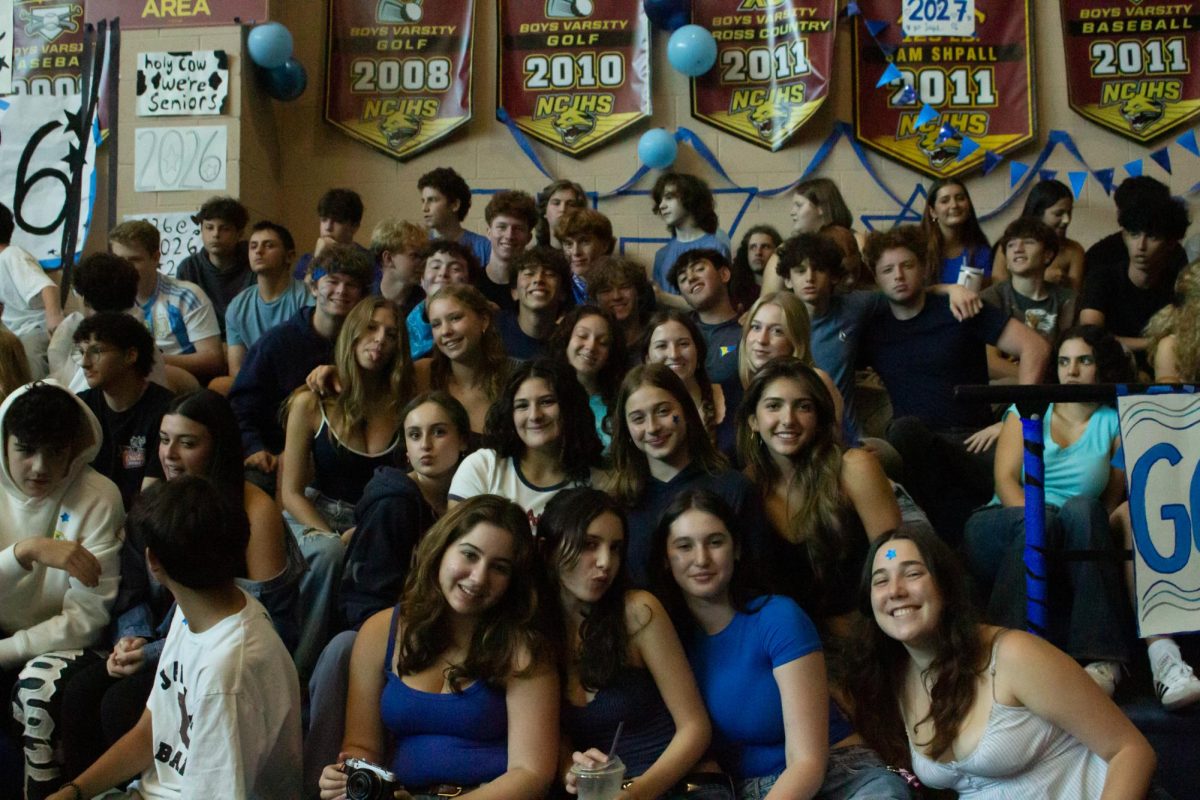
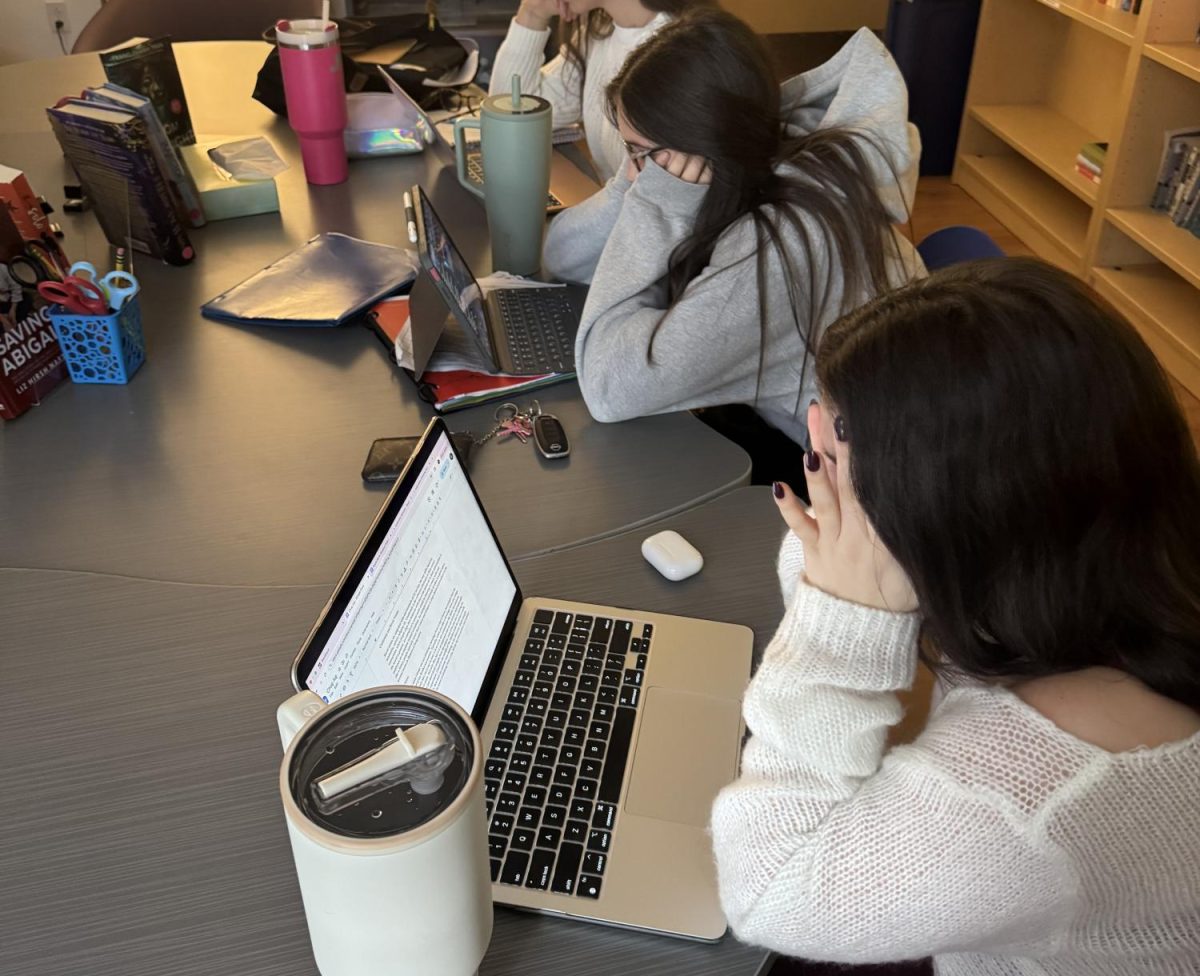
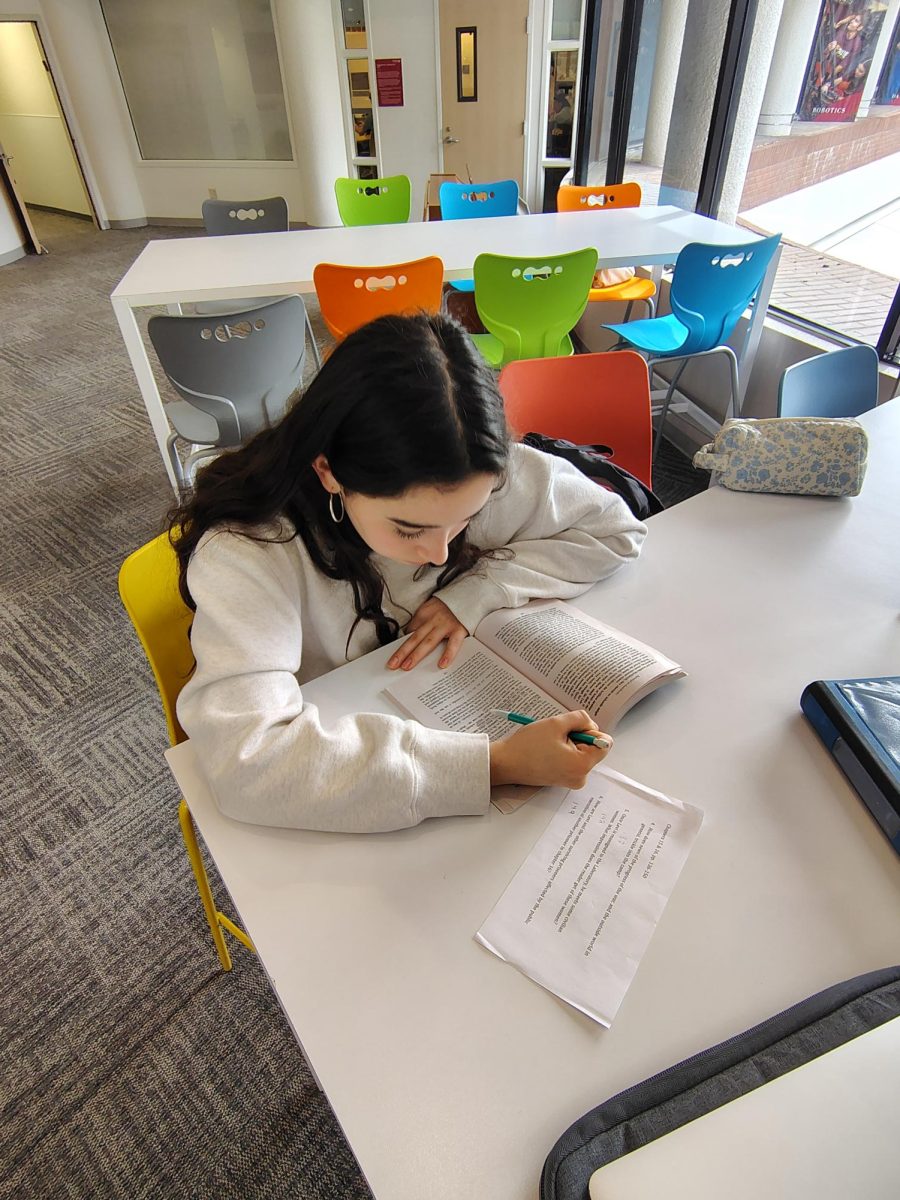
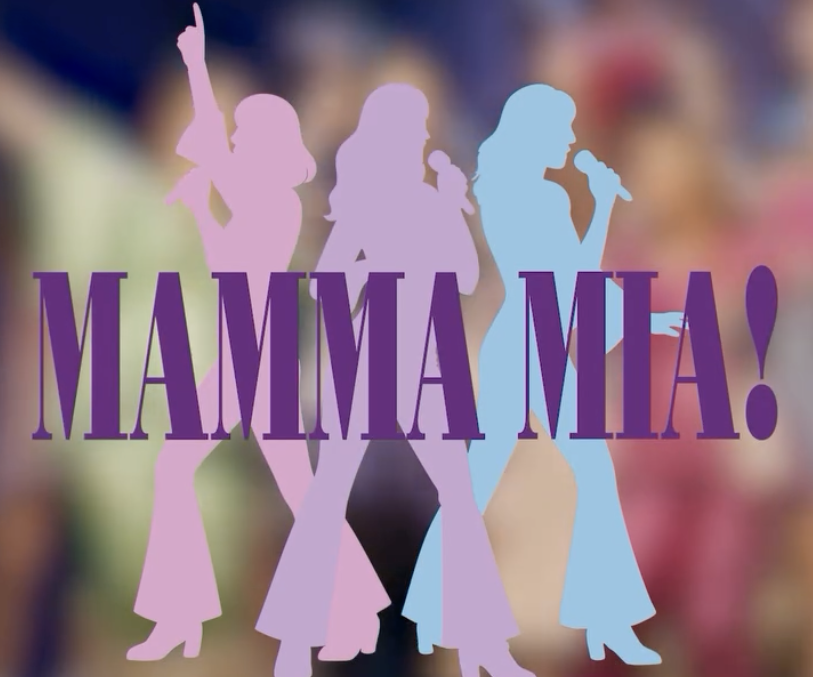
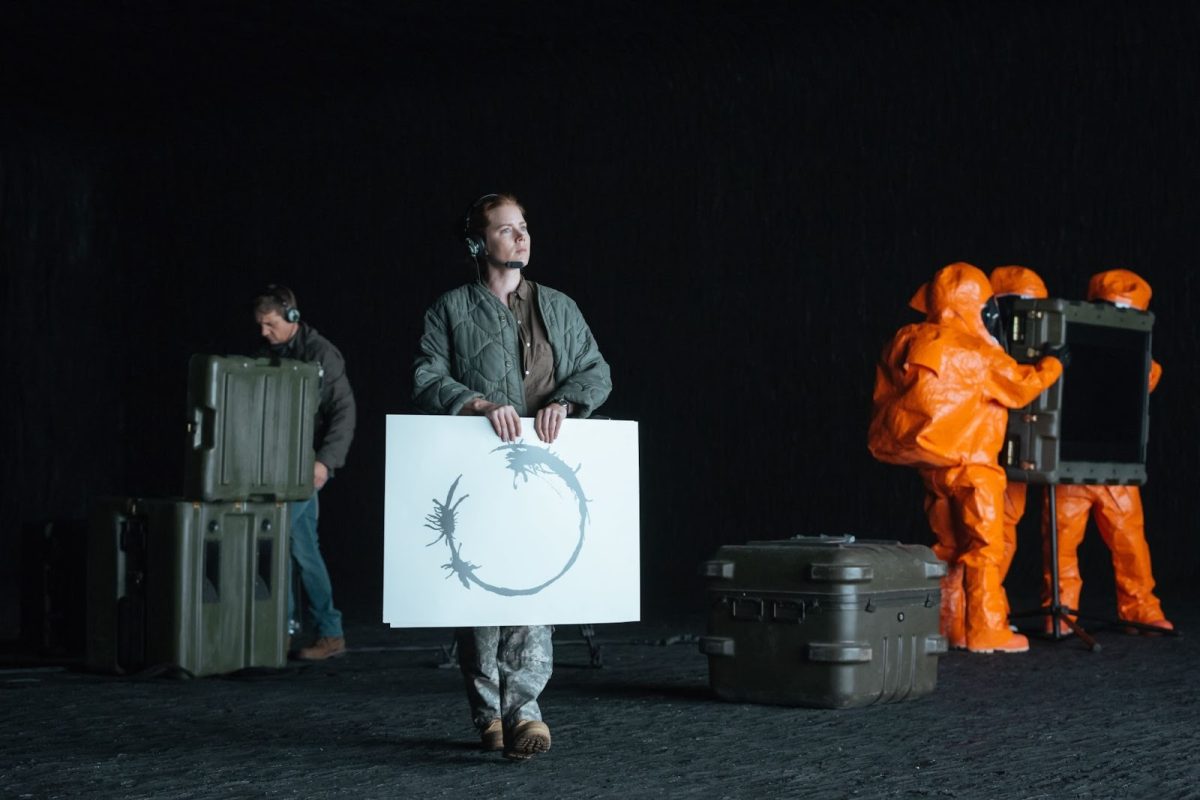
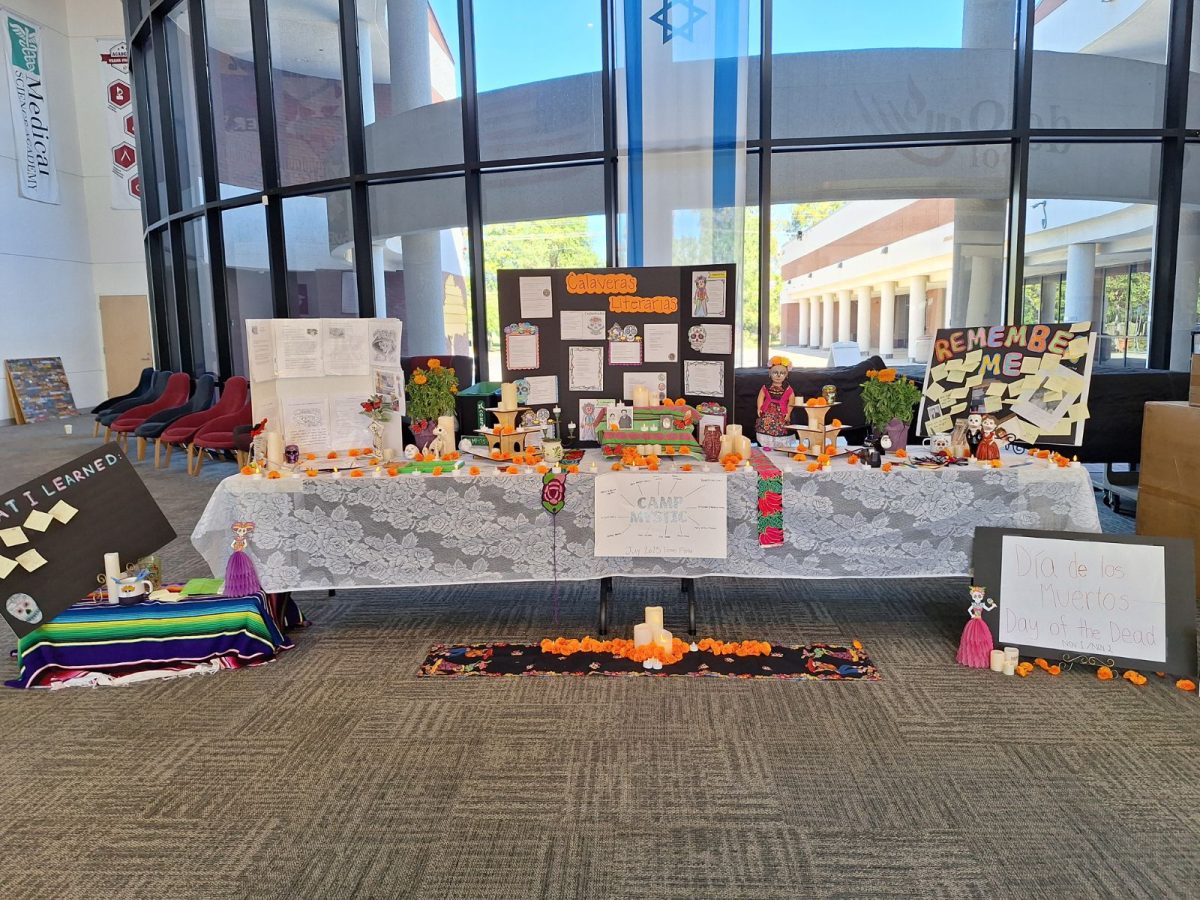
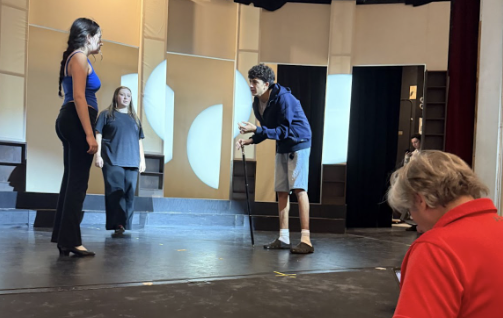
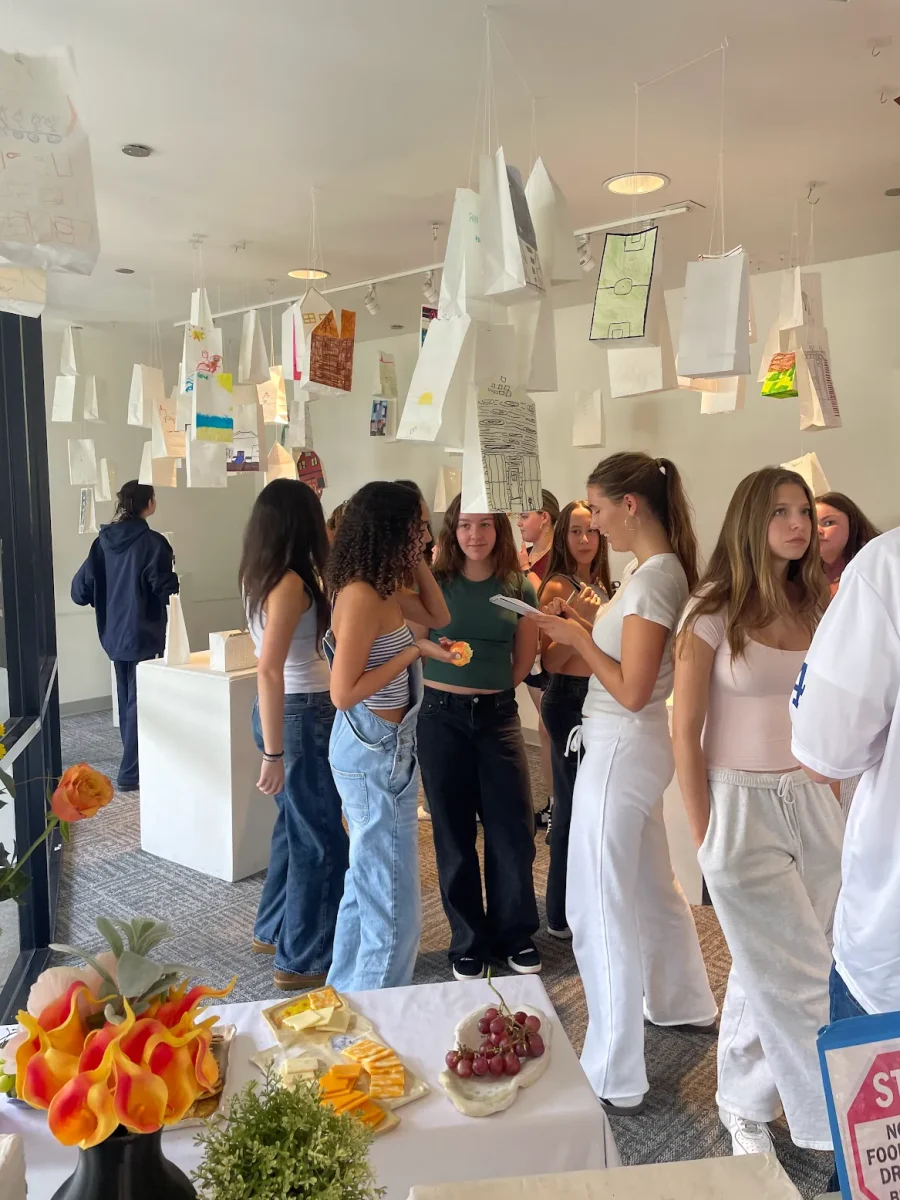
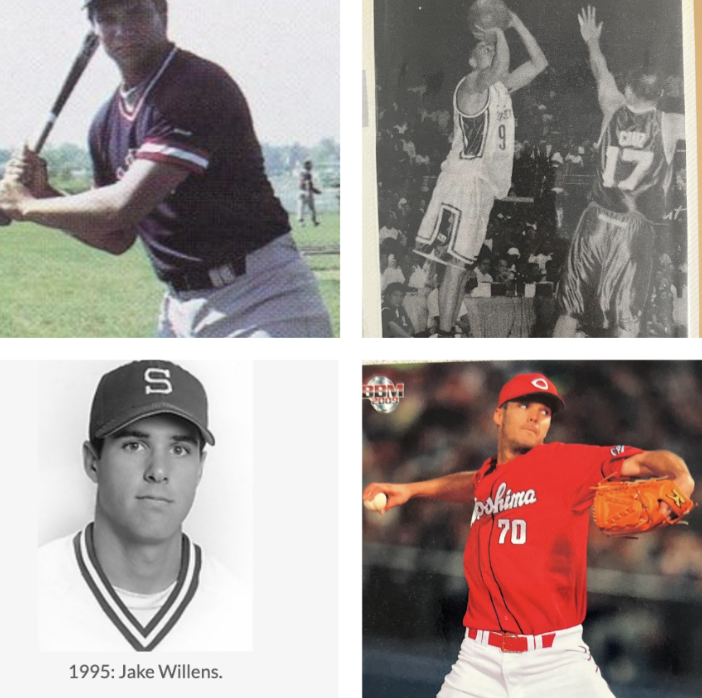


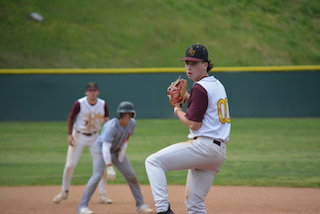
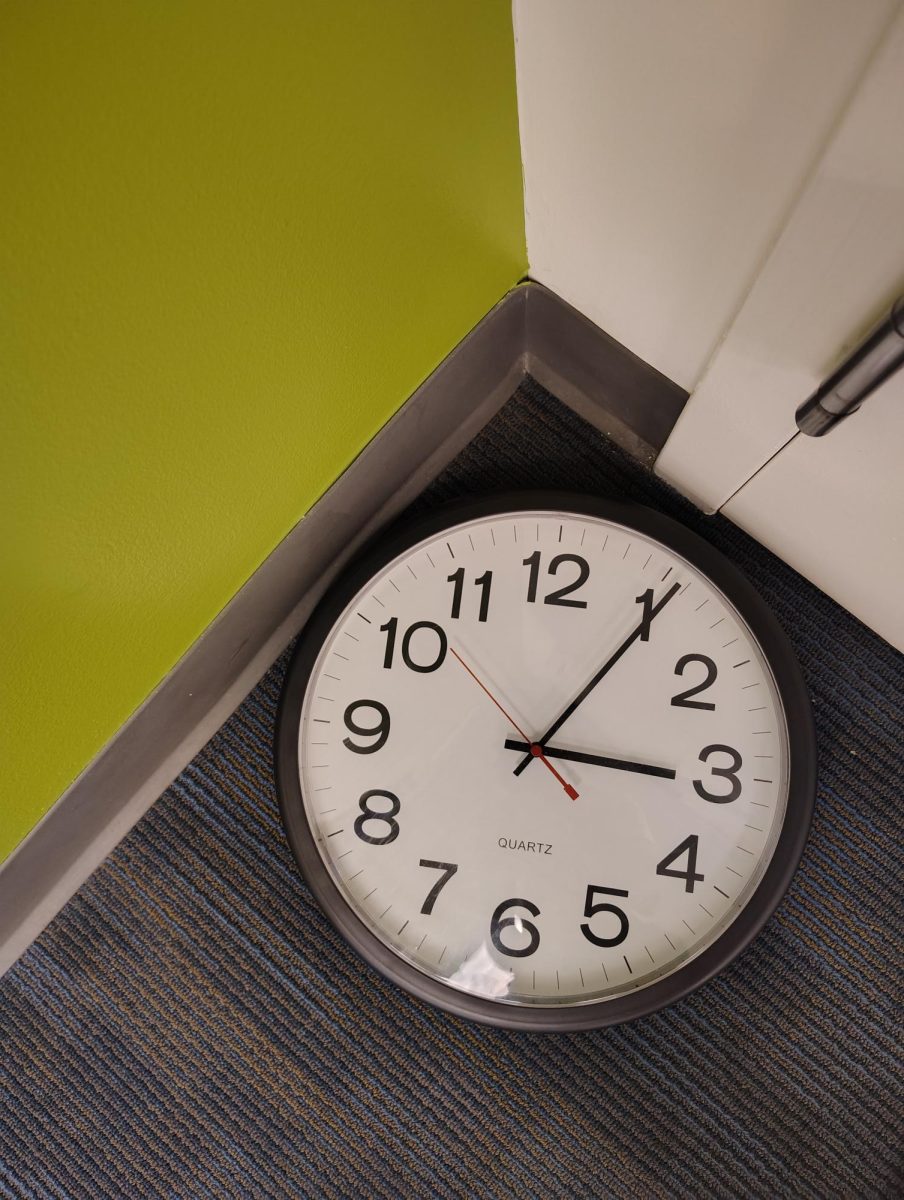
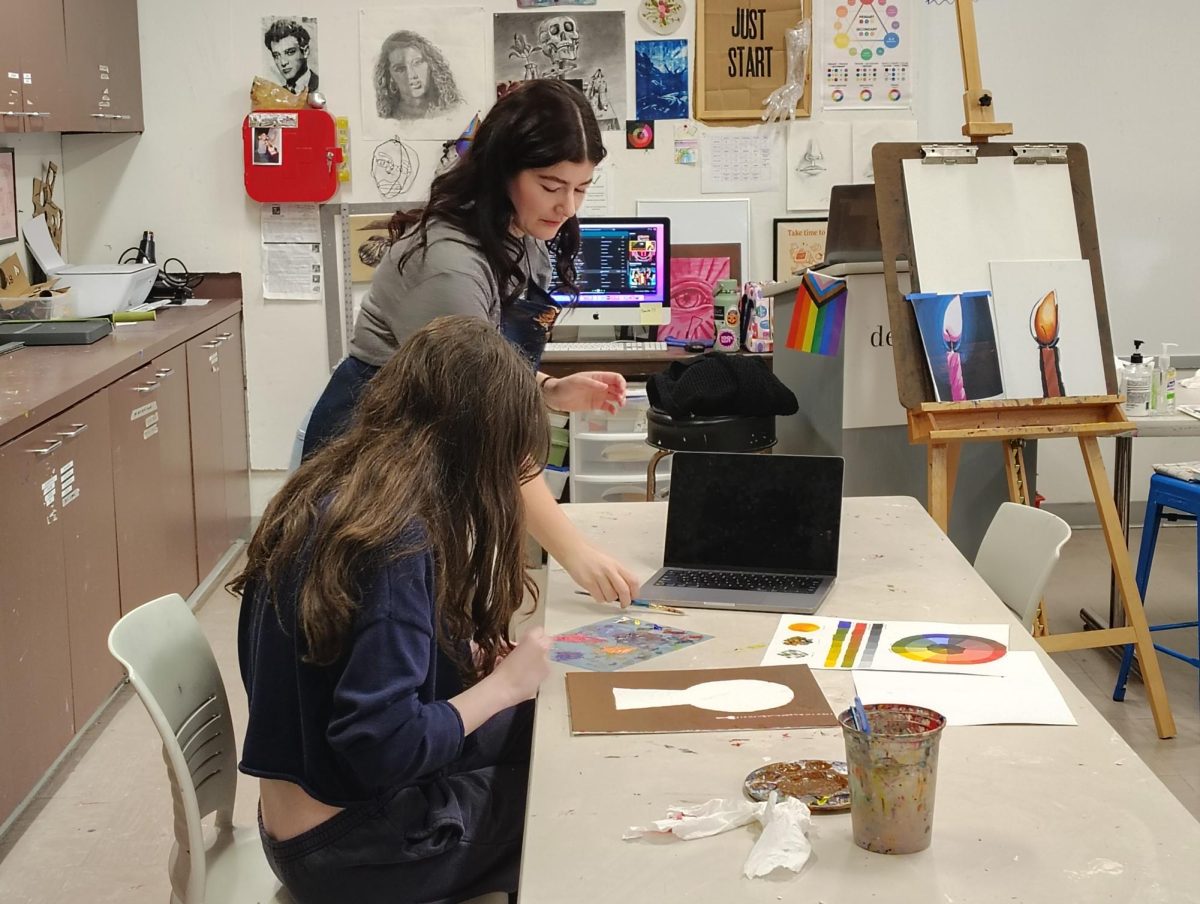
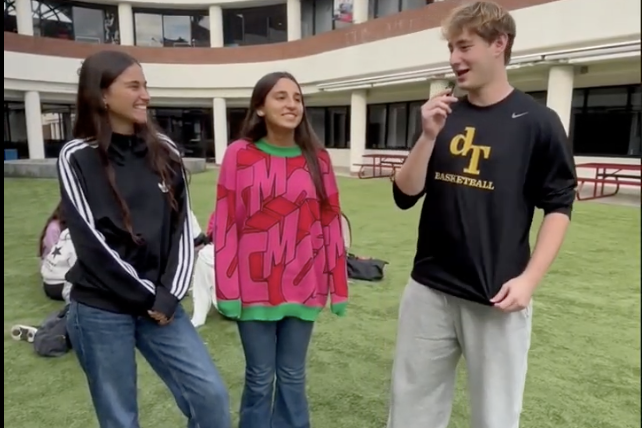
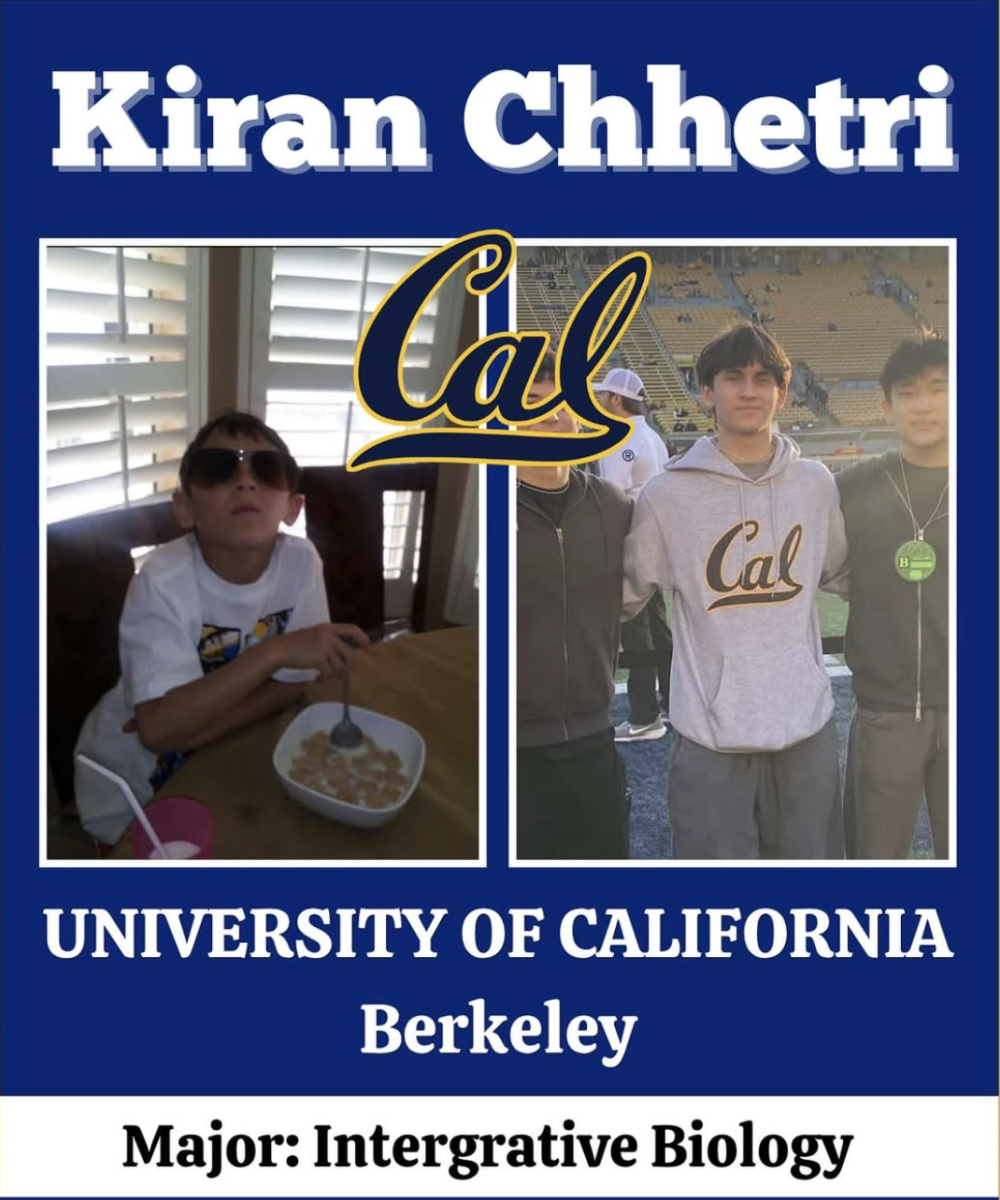

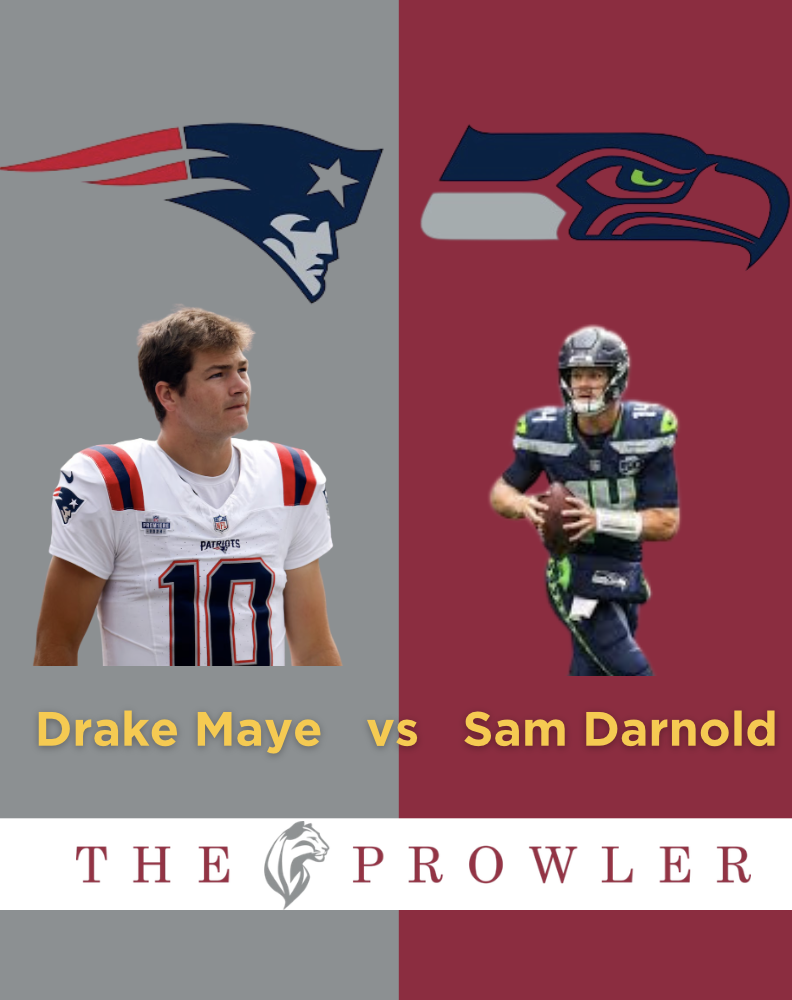
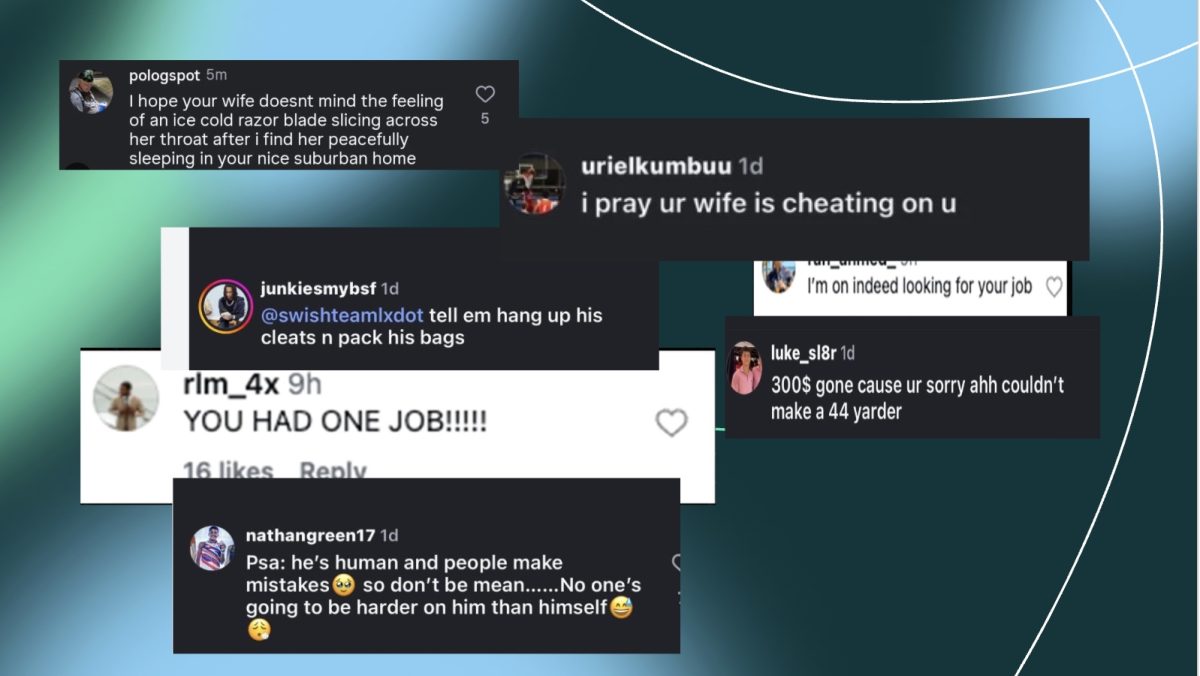
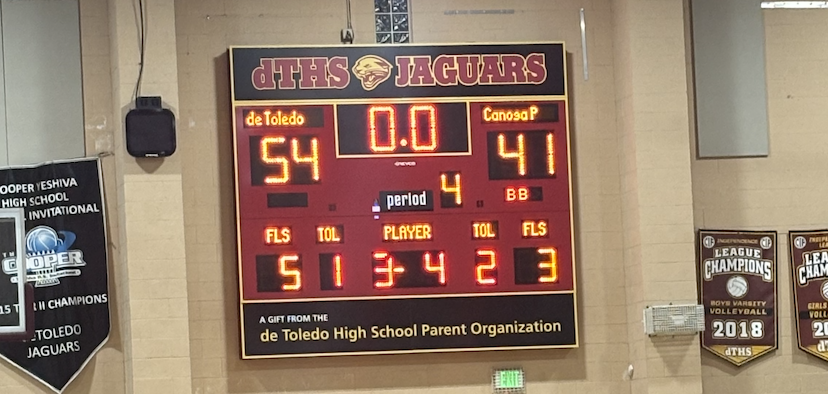
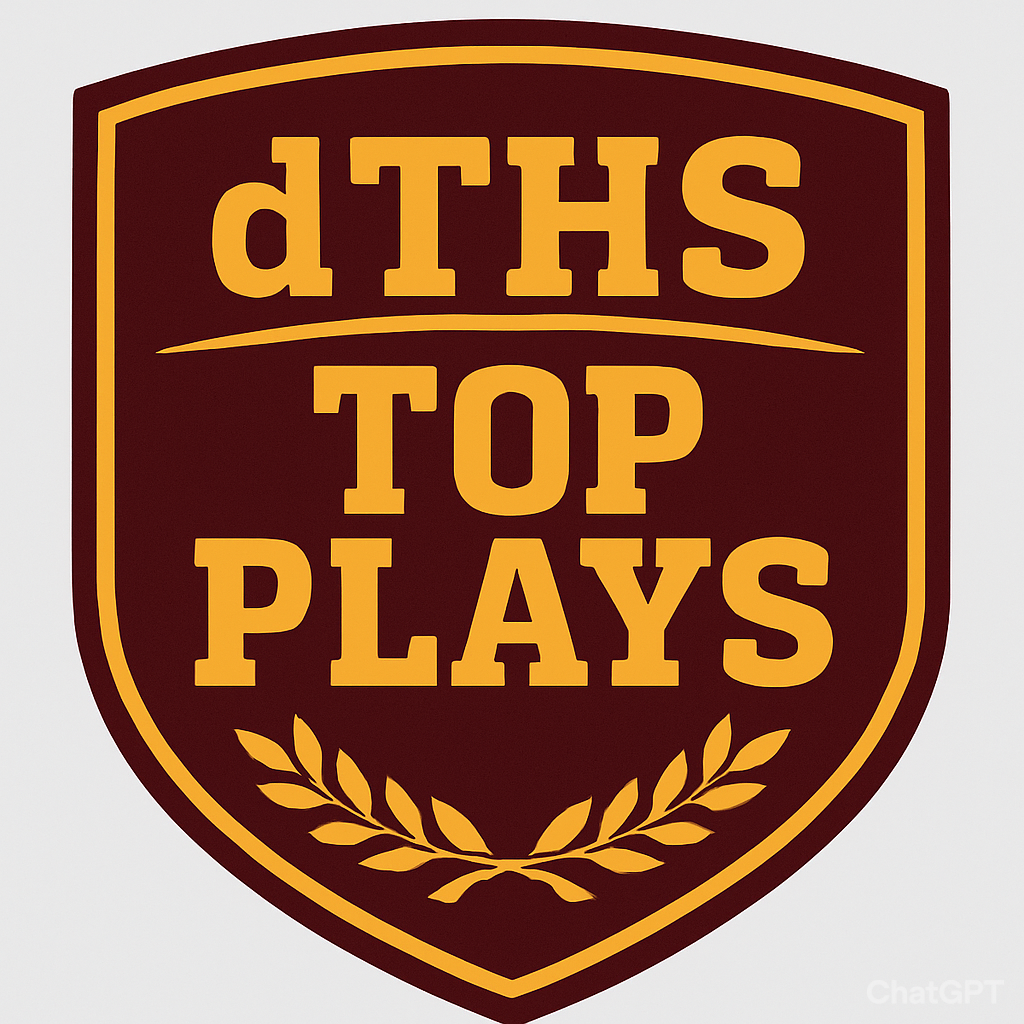

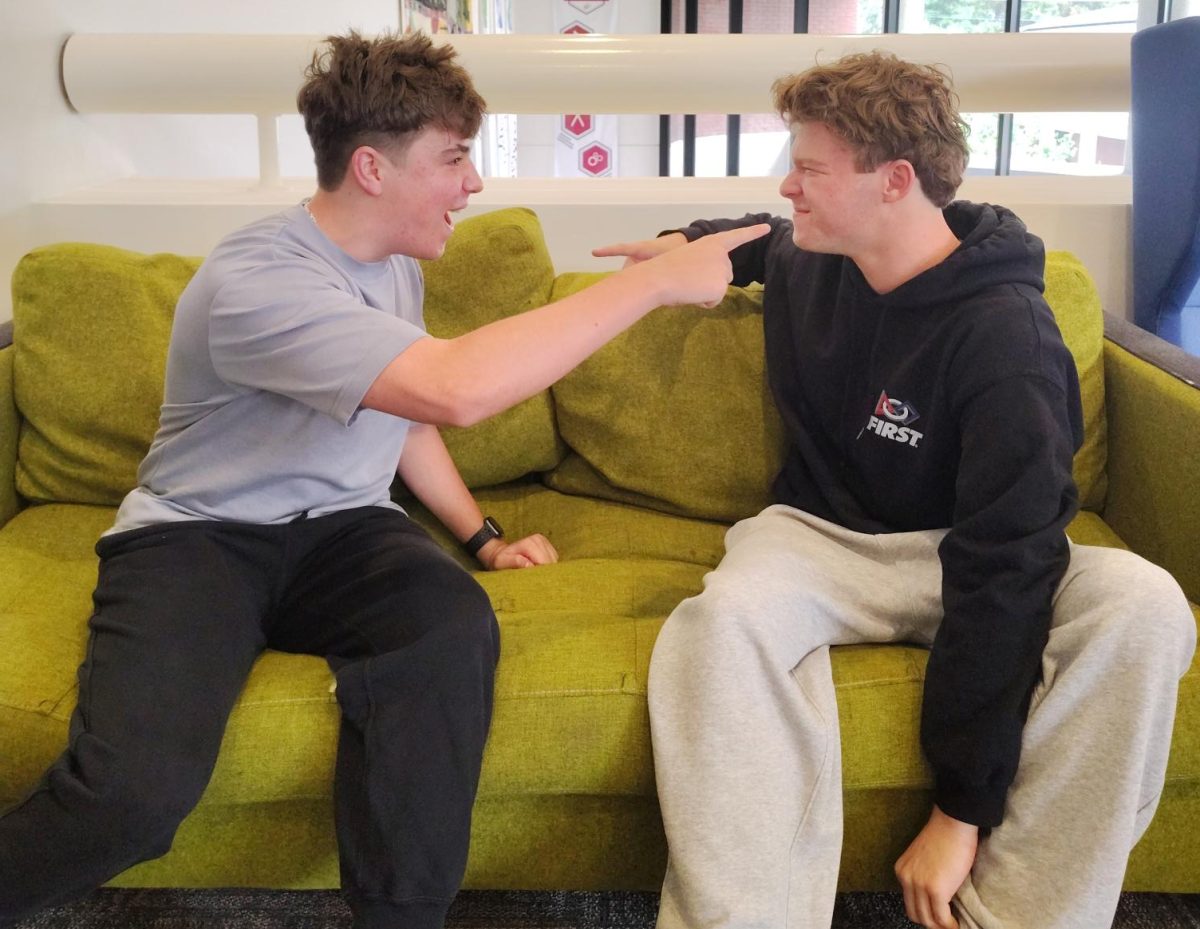
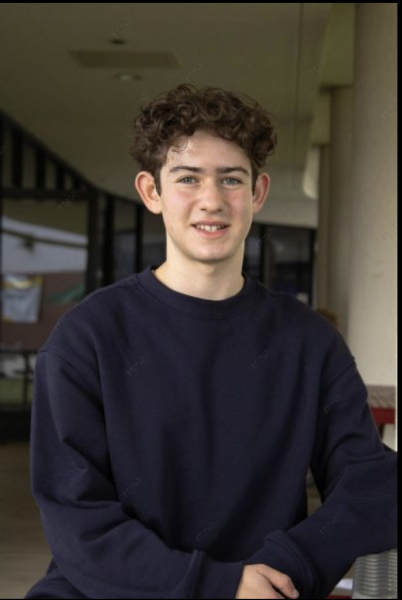

Ellen Howard • Oct 6, 2025 at 8:44 am
This is such an important article. I am glad that some students shared their views. As a community, we need to continue the discussion of how to listen and respect each other even when we disagree.